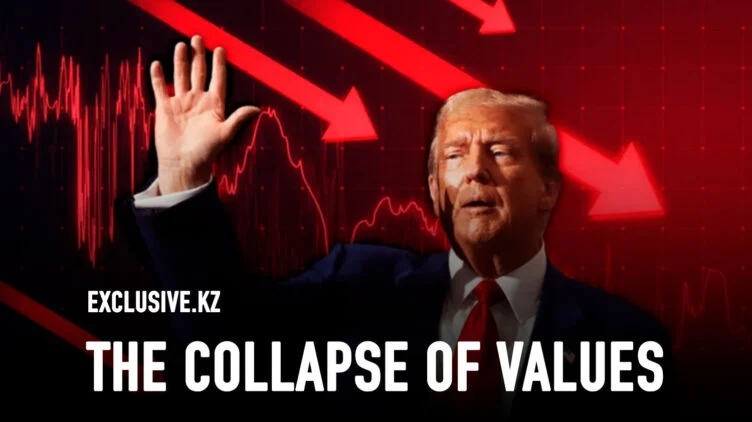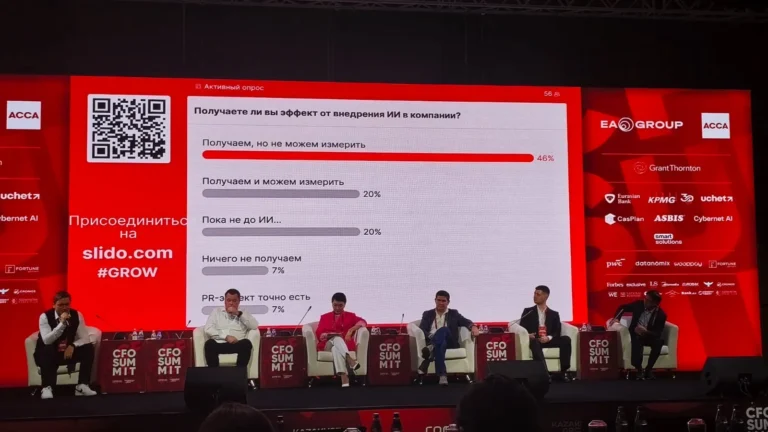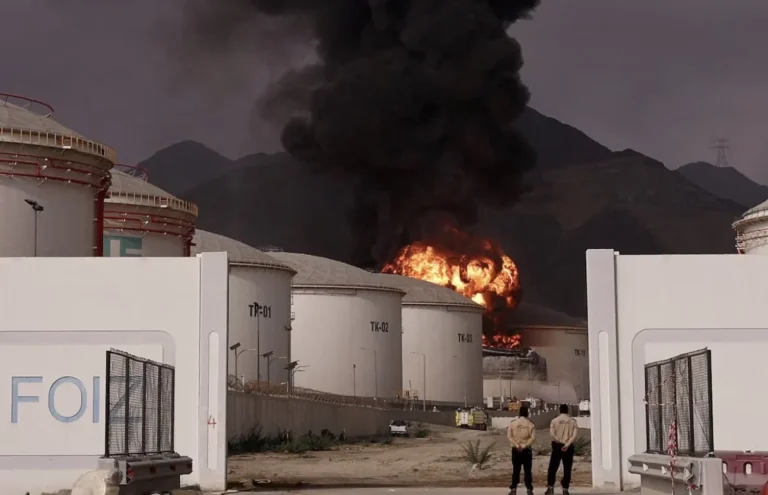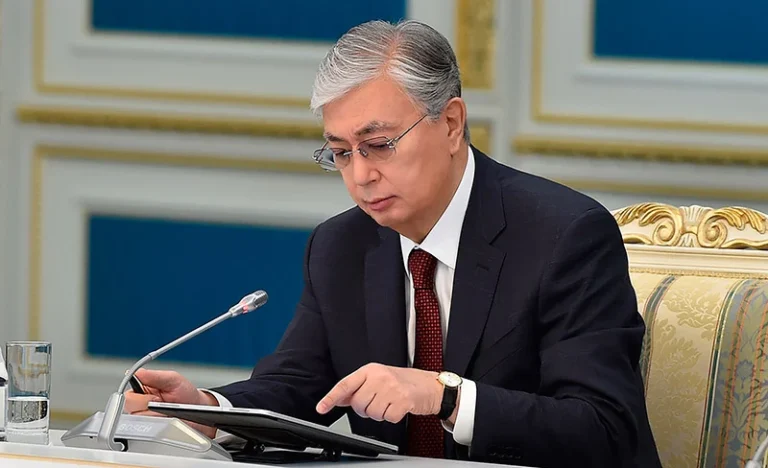A New Economic Order Needs a Moral Compass

Even before US President Donald Trump launched his assault on the global economy, it was facing not only a structural crisis but a collapse in the values that once justified and guided international cooperation. The retraction of multilateralism reflects not just weakened institutions and geopolitical tensions, but also a loss of shared principles for international cooperation and a shift toward unilateralism, transactional diplomacy, and zero-sum nationalism.
Far-right political forces have accelerated this erosion by turning ideals like gender equality, climate justice, and Indigenous rights into objects of ridicule. Such culture-war rhetoric is undermining the ethical foundations of both democracy and global cooperation, with the populist backlash against solidarity and shared responsibility crossing into the international arena. As nationalism displaces multilateralism, international cooperation is losing its moral direction.
In addition, as Hannah Arendt warned, the absence of shared values erodes the human capacity for judgment and opens the door to authoritarianism. Trust collapses, cooperation becomes purely transactional, and instability becomes the norm. International governance becomes brittle; diplomacy becomes coercive. Perceived injustice and ineffectiveness fuels resentment and resistance. A world order driven solely by geopolitics and expanding notions of national security inevitably breeds short-termism, deepens divisions, and heightens the chance of major conflict. No single actor, however powerful, is insulated from these risks.
But rebuilding global economic governance cannot mean simply restoring the past. While the postwar order did embed common ideals like human dignity and solidarity in its foundation documents (starting with the United Nations Charter), it also reflected – and fueled – the power imbalances of its time. Any new system must be grounded in care, solidarity, sovereign equality, and ecological stewardship, which also means updating earlier frameworks to meet current needs and ensuring broader representation.

Establishing a new values-based system is not utopian; it is strategically necessary. Institutions that are perceived as fair are more resilient and more likely to command broad-based compliance, which is crucial when our biggest challenges require globally coordinated action.
Moreover, reputational capital matters more than ever. In a multipolar world, influence depends on legitimacy. Achieving inclusive prosperity, social cohesion, and adequate provision of public goods (whether global, regional, national, or local) is essential for long-term well-being and resilience. Combating hunger, poverty, and inequality is not charity; it is sound strategy.
Equity, access to finance, and the distribution of green technology will be central concerns as countries seek to transform their economies to meet climate goals. In the absence of global norms to guide industrial policy in a sustainable direction, these transitions risk reproducing old hierarchies and dependencies. Reform of the international trade system – which is currently deeply regressive, with net flows from the Global South to the North – is about delivering a green transition that avoids the pitfalls of a world order shaped by and for the benefit of the few.
History offers lessons here. The Bretton Woods institutions and early trade frameworks (like the General Agreement on Tariffs and Trade) emerged from the catastrophe of World War II, when leaders recognized the need for cooperation anchored in values, even if their efforts were uneven. The Havana Charter of 1948 went so far as to call for full employment and labor rights (it was stillborn because the US never ratified it).
But the neoliberal turn of the 1980s brought austerity, deregulation, and the rise of structural adjustment policies, which curtailed many countries’ development, deepened inequality, and sidelined labor rights and ecological considerations. The creation of the World Trade Organization in 1995 reflected this shift: while it promised fairness and predictability, it put liberalization and enforcement first. The resulting popular backlash – from the Seattle protests in 1999 to ongoing criticism of trade rules on agriculture and intellectual property – revealed how disconnected the system had become from social and ecological priorities.
Despite these failures, foundational values have endured as moral benchmarks. Reformers, civil-society movements, and many leaders continue to invoke them as guideposts for an alternative global order characterized by democratized decision-making, sustainable development, and climate justice. These are not abstract ideals. They are tools for building a more effective system.
Discussions about values are insufficient. To ensure that the global architecture reflects and reinforces shared norms, rather than undermining them, outcomes must be methodically implemented by institutions.
To move forward, values must be paired with accountability mechanisms. That means improving institutional oversight, facilitating greater civil-society participation, and creating tools to measure progress in terms not only of GDP, but also of equity and well-being. Discussions about such principles must be embedded in real-world forums: the G20, which convenes major economies from both the Global South and North; the BRICS+ grouping of major emerging economies; the UN’s Financing for Development process, including the upcoming summit in Seville; and the UN Climate Change Conference, starting with COP30 in Belém. And it must be central to any discussion of reforming the UN system, including via Charter review.
Fragmentation, inequality, and dysfunction are not inevitable. They reflect choices. The alternative to a failing order is not retreat into nationalism or technocracy, but rather bold re-commitment by states, civil society, and the private sector to the values that can guide us through complexity toward a more humane, sustainable, and resilient economic order.
Copyright: Project Syndicate, 2025.





Все комментарии проходят предварительную модерацию редакцией и появляются не сразу.